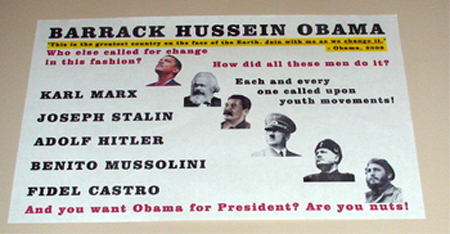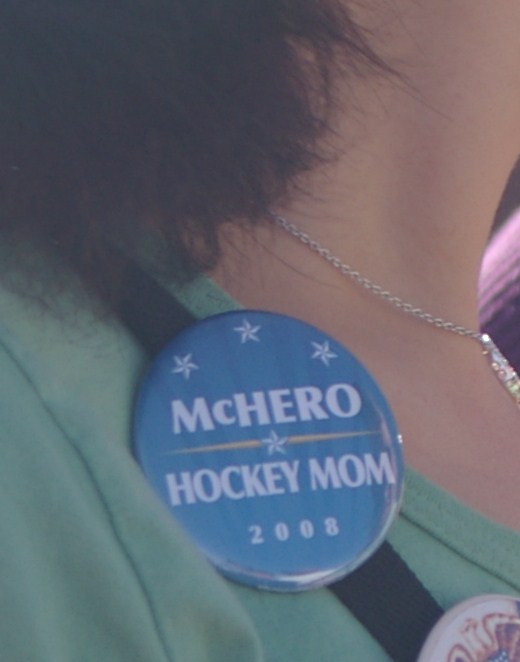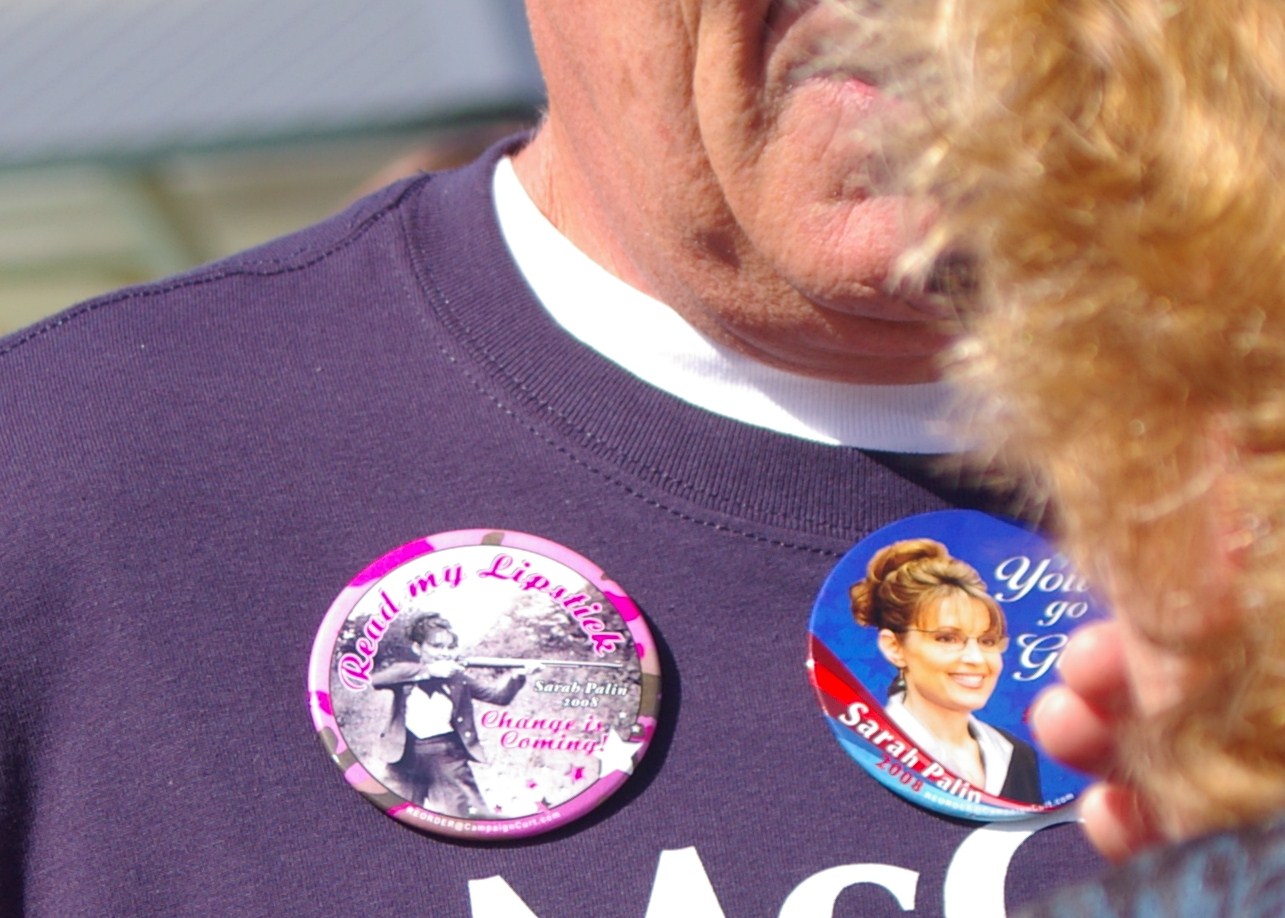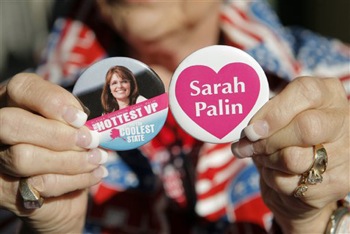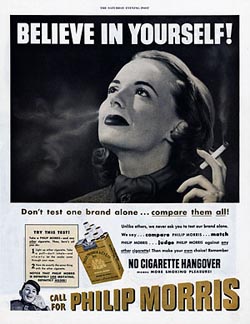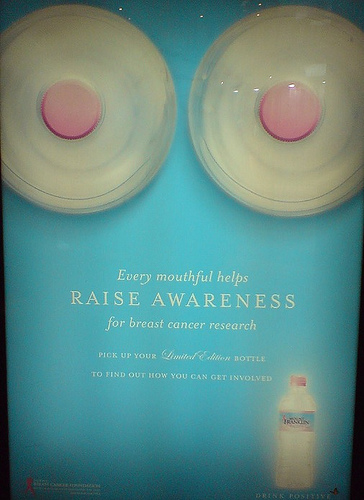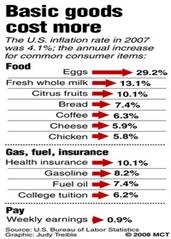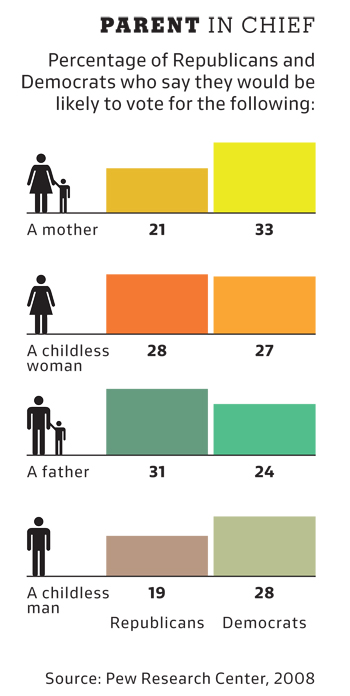Yesterday Colin Powell endorsed Barack Obama for President. In the cartoon below, syndicated cartoonist Gordon Campbell compares Powell to Benedicte Arnold, a general in the American Revolutionary War who defected to the British Empire. So, Powell’s endorsement makes him a traitor. Comments after the image.
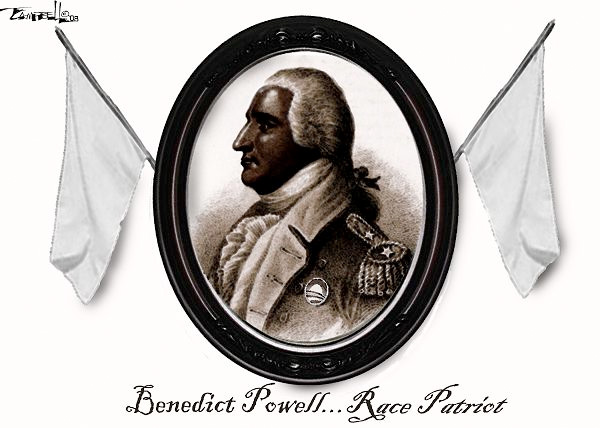
As Rob Tornoe discusses at Politicker, this feeds into the idea that Obama isn’t a real American and, accordingly, neither is Powell. That this is about skin color is revealed by the fact that he put Arnold in blackface. and uses the term “Race Patriot.” The implication is, Powell is endorsing Obama because he’s black and that’s treason (i.e, anti-white and therefore anti-American).
It also speaks to white privilege and a phenomenon I’ve seen elsewhere during this election. It is white privilege to be able to vote for Obama without your endorsement being attributed to the color of your skin.
(Found via Jezebel.)

